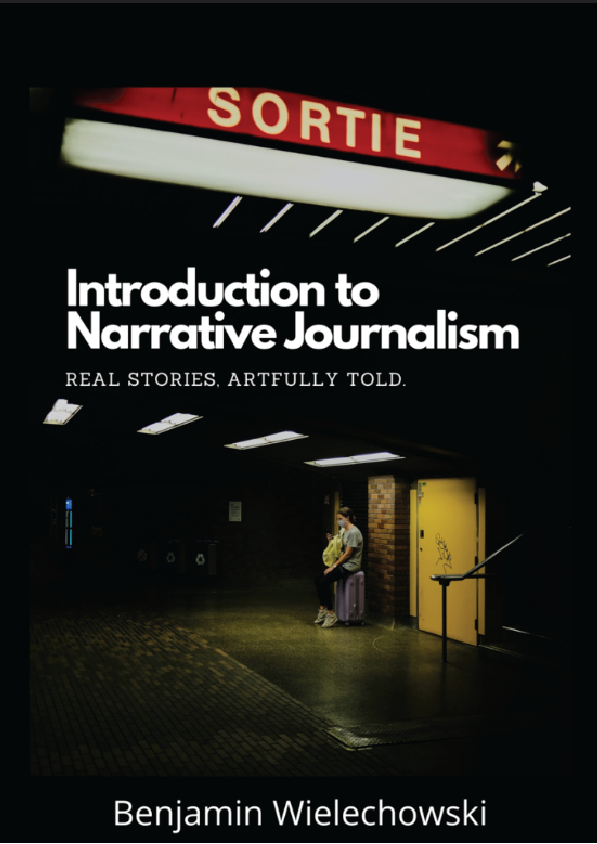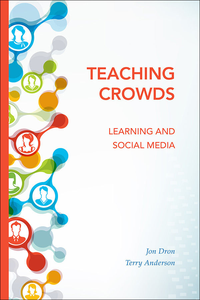This book begins with a chapter on ethics, because ethics should be a foundation of all that we do as narrative journalists.
Ethics are ALWAYS a concern and consideration for journalists, not least for narrative journalists. However, as much as we are concerned with ethical issues such as disclosure, on and off the record, manipulating facts/quotes to fit our story, “fake news,” and more, one of the most important ethical concerns for a narrative journalist comes down to what our ‘purpose’ is for a story, how we realize that purpose, and what ‘ethically-suspect’ actions we might take in service of that purpose.
Jacqui Banaszynski and Fernanda Santos explain it best in their panel discussion at the 2021 Power of Narrative Conference held at Boston University. Banaszynski explains the obligations we have as journalists: obligations to the profession, obligations to the story subject(s), obligations to the readers, and obligations to the truth (“or as close as we can get to it” – Jacqui Banaszynski).
Let’s unpack these relationships further as they relate to ethics and our “purpose” for our stories. And, it is important to notice that Banaszynski does not mention anything about prioritizing what the journalist wants.
Obligations to the profession: we as journalists represent journalists everywhere, and when one of us makes self-serving or suspect decisions ethically, it harms the entire profession. If Donald Trump and his obsession with the phrase “fake news” has taught us anything, it is that the journalism profession has no status or influence without the trust of the people, and so we must be that much better, that much more honest and transparent and thorough and humble, because there are forces working against us. Regardless of what we want of our stories, our obligations remain with the four-way relationship Banaszynski described above.
Our obligation to our story subjects is to tell their stories. We are storytellers at our most fundamental level, and as Fernanda Santos explains, our job is to tell stories in ’truthful,’ ’touching,’ ‘poignant,’ ‘compelling’ ways in order to touch our readers, which leads us into the next obligation.
Obligations to our readers: if you are a writer of narrative nonfiction, your readers expect to read nonfiction. No matter how many literary devices we want to incorporate or how talented we are at writing nonfiction in a way that mirrors fiction, we are still telling true stories, and if we break that trust, if we bend our stories to fit what we want as writers, than we have broken one of the most fundamental relationships we have as writers. In addition, as mentioned above, we are nothing without the trust of our readers, and what we do as narrative nonfiction writers is of dire importance because there is far too much information available, and it is up to us to provide full stories, complete stories, insightful stories into the lives of those around us.
Obligations to the truth: I’m not sure there is too much more to be said that hasn’t already been covered in the three bullet points above, but truth is the great unifier of all of them. Truth is what grounds all of the other obligations, and we must approach each of those other relationships through a lens of truth. Banaszynski clarifies “or as close as we can get to it,” because truth in journalism is not as clearcut as we might like to believe. Truth means different things to different people, and our story subjects might have a different truth to our readers or even to others in our profession, and this can complicate things as we strive to reflect truth in our writing. But, as with any work of journalism, in the end it comes through us, the writer, and the truth we see emerging from our thorough and tireless research.











